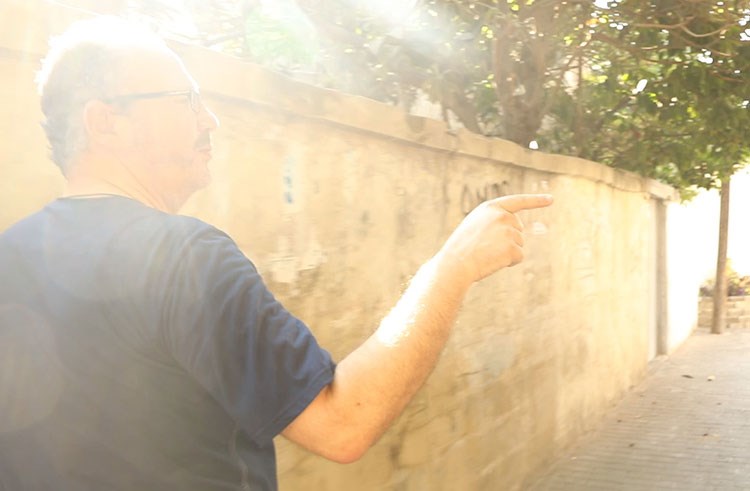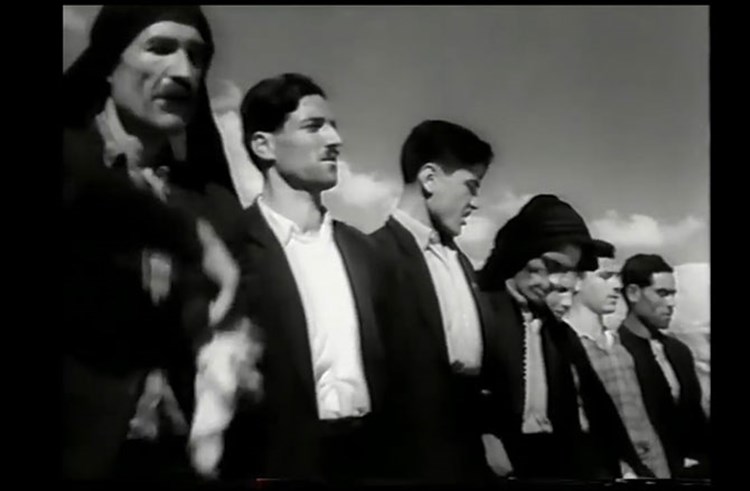11 closed historical cinemas in Tripoli
In 1957, a Lebanese Tripolitan film participated in Cannes Film Festival’s 11th edition. It was the first time a Lebanese movie reaches this international festival. The film, called “Ela Ayn?” – Arabic for “Where To?” – was screened in last year’s Cannes Film Festival edition as one of the 15 movies that make up CFF’s history, in its 70th anniversary.
In Lebanon, there are 29 closed historical cinema theatre that seat around 1000 people, 11 of which are in Tripoli: 3 in Bab Al Tabbanah, 1 in Bab Al Ramel, and 7 in Mina region. But as the civil war took its toll on the country as a whole, the demand on cinema in specific and entertainment in general declined, leading to the closure of the 29 cinema theatres across Lebanon. The civil war ended in 1990, but in Tripoli it really didn’t; it just leaded to the major decline in the cinema culture. In terms of production, the glorious city never stopped witnessing the graduation of cinema people, excited to produce and direct honest and successful movies. Those people are the new Tripolitan blood, those who deserve the effort done to link them to the market and help them make their way through.

